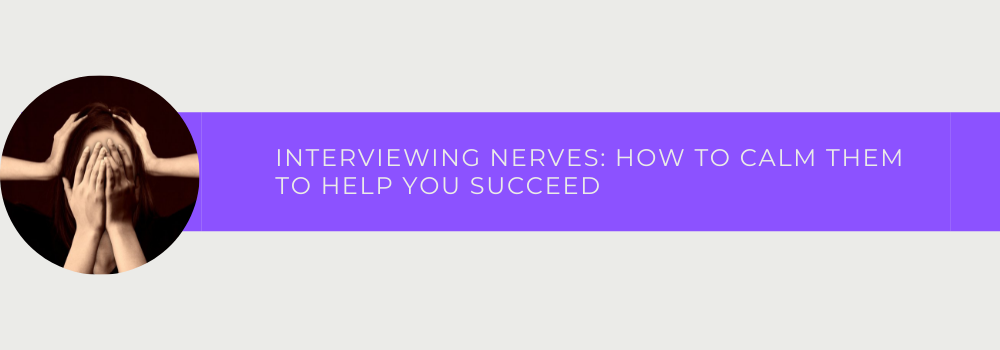With focused effort and a positive attitude, you can effectively communicate your strengths and skills, building confidence and trust with the interviewer and ultimately increasing your chances of landing the job.
All in Interviewing
Job Interview Red Flags: Should You Ask The Interviewer If They Have Any?
One complaint that job seekers often have about the hiring process is that they don’t often get feedback from their interviews. If rejected, they rarely hear why; if they do, it is often a vague statement that others are more qualified. This leaves job seekers wondering how they are more qualified. Without specific feedback, candidates are left wondering if they could have said something different in an interview to change the interviewer’s mind.
Mad At Yourself For Rambling During Your Interview? What To Do Afterwards
What should you do if you feel like you fumbled an interview?
It happens.
Sometimes your nerves overtake you, and you say something you wish you could take back or even start rambling. You can’t get a “do-over,” so what should you do?
The 11 Most Common Questions Asked In Interviews And Why
Answering all 11 of these questions is crucial for a successful interview. You know they are coming, so be aware of why they are asked, so you can strategize on the most compelling answers you can provide. That way, you can demonstrate that you are competent and confident, a winning combination for any job seeker.
The Museum Guide Audition And What Job Seekers Get Wrong In Interviews
Interviewees often run into the same problem. They want to tell a story that is meaningful to them, but they forget what the assignment is. You have to understand what is important to the listener and tell your story in a way that they get all the information needed to understand and remove extraneous detail, so it does not run on too long.
Watch Out for These 14 Red Flags During Your Job Interviews
Everyone wants to have a positive interview experience. Sometimes, though, things will be said or done during an interview that you should not ignore. It may mean nothing, or it may mean something significant. Many people are so excited about an opportunity that they do not pick up on actions happening in front of them. Don't be that person. Be aware, and if you see anything that doesn't look or feel right, don't dismiss it.
Win The Interview By Properly Answering Interview Question (With Examples)
When you are asked this question or any question where the interviewer is trying to understand your behavior around a specific circumstance or skill, it is best to give an example to illustrate what you did. That way, going back to the reasons why you may be asked a question, you can craft an answer with a specific experience that best shows your expertise, skills, or abilities.
Company Culture And Interviewing: How To Learn If You Are A Fit
You need to understand what work cultures are best for you and whether an organization can meet your needs. While you can read about a company culture online, that should never be a substitute for what you feel, see, and hear through the interview process? Make sure you get a good sense of what it is like from the people who work there. Then you can decide whether it is right for you and if you accept an offer, then up your odds that you will enjoy and feel content working there.
Interviewing Nerves: How To Calm Them To Help You Succeed
Most people are a bit nervous when it comes to being interviewed. Nerves are not necessarily a bad thing. It is telling you that you are putting importance to your meeting. What you do not want to do is to have your nerves derail your interview. Choose one or more of these techniques to help you tame your nerves, so you can show how awesome you are to this prospective employer.









